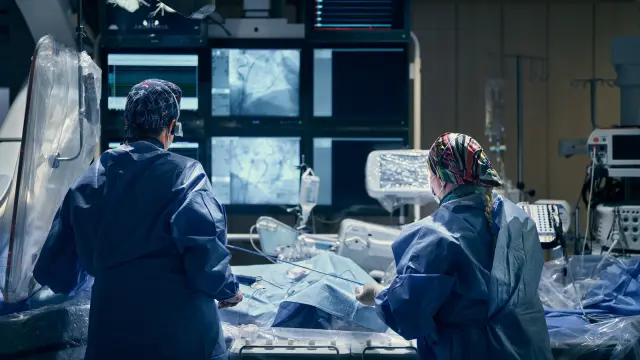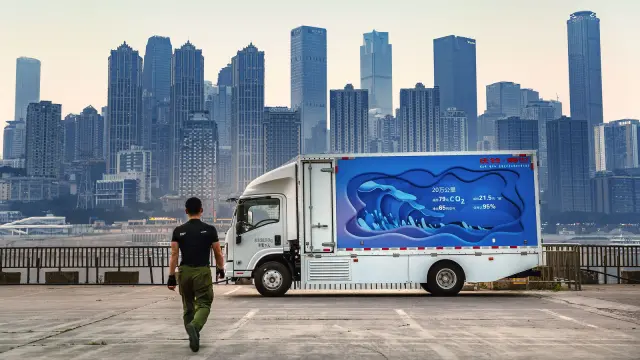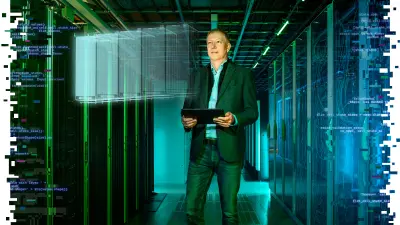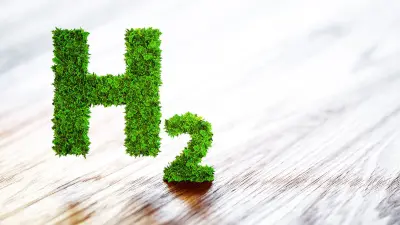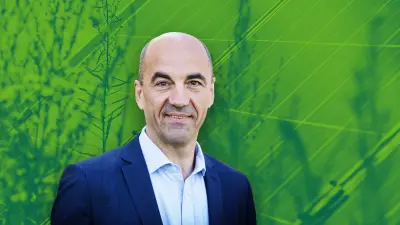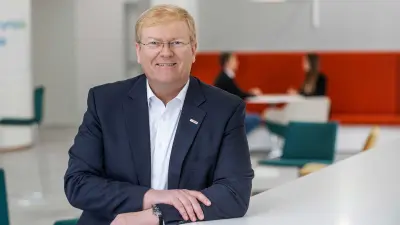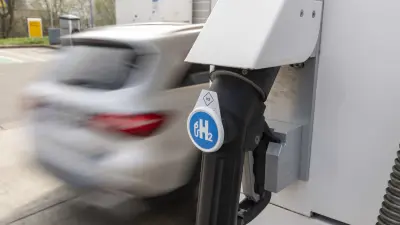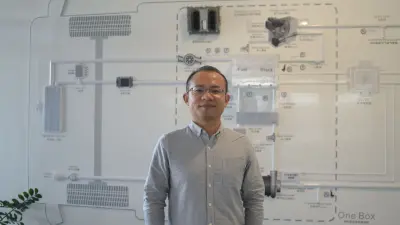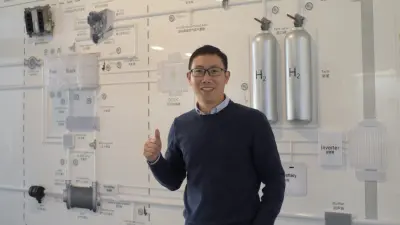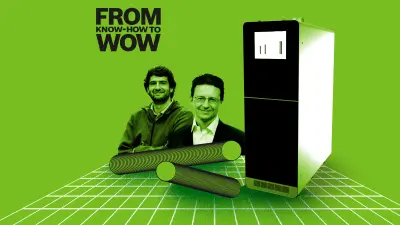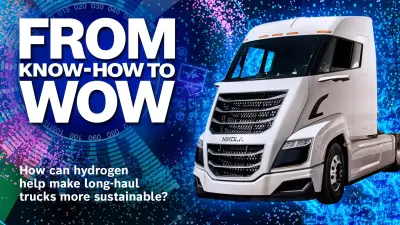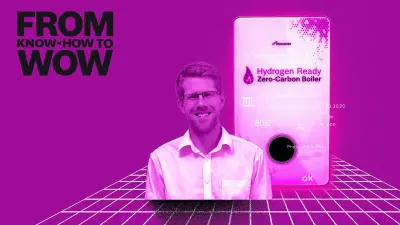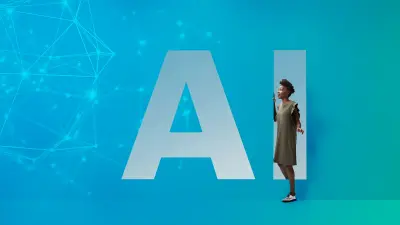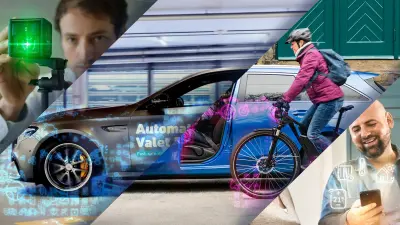Hydrogen — energy for the future
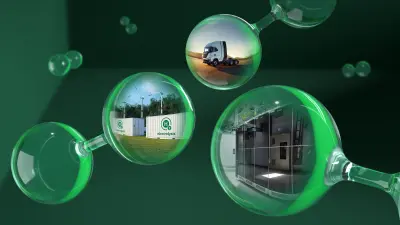
Hydrogen technologies will be a central enabler of the energy transition. Innovations from Bosch are shaping the market of the future in Europe.
Hydrogen – what is it all about
Our modern life relies on electricity: The number of electric vehicles is increasing. Digitization is advancing, and buildings as well as industrial facilities are becoming increasingly electrified.
So hydrogen is essentially the key to our future as it will become a decisive factor for ensuring a steady energy supply. It can replace fossil fuels across the board, including energy-intensive industries. Hydrogen is produced in electrolyzers. They use electricity to break down water into hydrogen and oxygen. Combustion occurs in reverse order: Oxygen and hydrogen react to release energy. All that remains is water. This technology thus provides answers to pressing issues in the struggle against climate change — from decarbonization through to safeguarding our power supply by means of green energy.
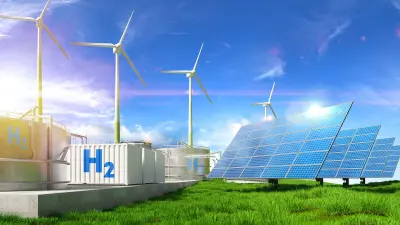
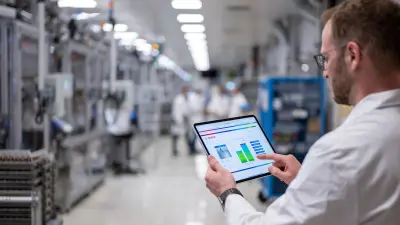
At present, hydrogen is still too expensive for the mass market. Nevertheless, innovative pilot projects are being carried out in various areas to test its operational range. For example, hydrogen-powered trucks are already proving their worth in the daily transport of goods across hundreds of kilometers. In another example, a hospital is testing how energy-efficient fuel cell systems can reliably power critical infrastructures.
Further research and innovation is needed to establish hydrogen as a comprehensive solution over the long term. The objective is to increase the efficiency of hydrogen production and reduce costs. In this topic, you will learn more about the current state of the art and what steps are necessary for this promising technology to reach its full potential.
Our highlight stories on hydrogen
Read our top picks and learn about hydrogen technologies in critical infrastructure and on the road.
Areas of application: Our hydrogen technologies in everyday life
This is how we drive the hydrogen economy forward. With our expertise and innovation in the field of hydrogen, we support our customers in their development towards the use of this promising energy source.
Research and technologies: We are shaping the future of hydrogen
Research at Bosch is not just about exploring the technologies that will add value to the next generation of products. It also means investigating the key issues that lie beyond that.
How is hydrogen made?
To produce hydrogen, purified water is broken down into its components hydrogen and oxygen. This separation takes place with the aid of an electrolysis cell consisting of an anode, a cathode, and a proton exchange membrane (PEM). The water is fed into the electrolysis cell, and the electrodes are energized. This causes hydrogen ions to react at the negatively charged cathode and form hydrogen gas. To produce large quantities of hydrogen, many hundreds of individual cells are connected in series. Bosch combines these electrolyzer stacks with a control unit, power electronics, and sensors to create a so-called smart module for scaling hydrogen production. Only green hydrogen produced with electricity from renewable sources makes an effective contribution to climate protection.

Bosch is driving research and development of new technologies in the emerging hydrogen economy under consideration of the entire value chain: from the production of hydrogen by means of PEM electrolysis all the way to utilization, for example in SOFC fuel cell systems, or mobile fuel cells in motor vehicles. As a global technology group, Bosch focuses its extensive know-how to take hydrogen technologies from experimental status to industrial series production. For example, the company is one of the largest manufacturers of functional ceramics in Europe. This competence is of central importance for the production of metal-based solid oxide fuel cells. Bosch also has decades of experience in series production.
Podcasts: listen and learn about hydrogen
How does research turn into a stunning “Wow” moment? That is what our hosts Shuko, Melena, and Geoff discuss in this podcast from different perspectives.
Jobs: join our team
Change the world of tomorrow — with a career in hydrogen!
We are on the constant lookout for test engineers, chemists, project managers, energy experts, researchers, and many other talents.
Check out our global job opportunities or visit your local career website for insights into our application process and to get helpful advice. Become part of the Bosch family and discover what the future holds for you.

